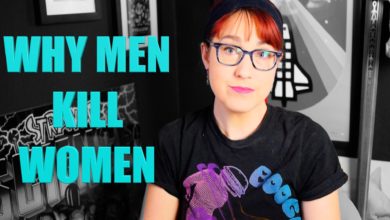Women in Secularism: Interview with Lindsay Beyerstein
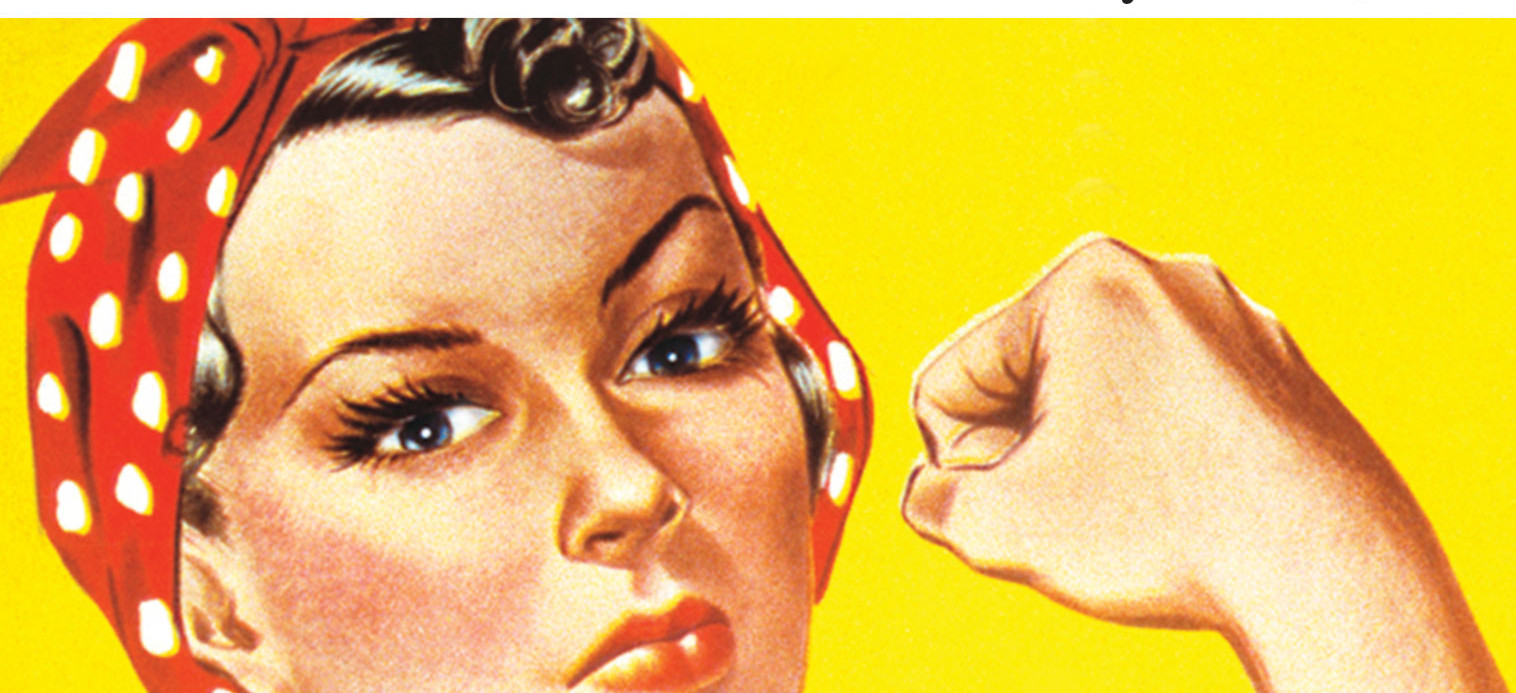
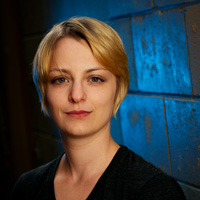
Women in Secularism 3 is coming up this May. The speakers list includes many admirable, accomplished women with whom I am humbled to be billed (including our very own Amy and Debbie). One of them is Lindsay Beyerstein, an accomplished journalist and all-around interesting person, as I found out last Skepticon.
Without further ado, I present her comments on journalism, photography, conferences, and more.
Your writing and photography has been featured on a wide variety of publications, sites, and platforms: The New Republic, Newsweek, Al-Jazeera America, Salon, Slate,The Nation, The Columbia Journalism Review, RH Reality Check, Ms. Magazine, and Alternet, to name just a few. Was there anything about writing for such prominent outlets that you did not anticipate? Were there any particularly good or bad experiences that you had as a result of writing for any of them?
When I started out as a blogger, I never dreamed that this job would take me to the flooded streets of New Orleans after Hurricane Katrina, or the stadium where Barack Obama accepted the Democratic presidential nomination. I certainly never anticipated going on assignment in South Texas investigating self-abortions.
Last summer, the Investigative Fund of the Nation Institute, a non-profit that supports investigative journalism, approached me about doing a story about women using the ulcer drug misoprostol to terminate their own pregnancies. I chose South Texas because media reports seemed to indicate that it was a hotbed of self-abortion activity, due to its proximity to Mexico (where the drug is sold over the counter) and the restrictive new abortion law. I’m going to be talking about my reporting trip at WIS3. Last week, my reporting was featured on the Rachel Maddow show, which was a delightful surprise.
The scariest experience I had as a reporter was after Hurricane Katrina. A source told us he was staying at a Disaster Mortuary Operational Response Team trailer camp on the grounds of a woman’s prison outside of Baton Rouge. Everything was so chaotic. The guard just waved my reporting partner and me through the gate. We kept walking and walking and we didn’t see any trailers. This looked like a real prison with lots of barbed wire. Suddenly we were surrounded by three prison guards with guns. It was the men’s prison, which was still very much operational. One of them warned us that a lot of things were happening in the state right now, and that people like us could just “disappear in jail.” Initially, they didn’t believe that we could have just wandered into their prison, but they couldn’t figure out a better explanation, so they let us go.
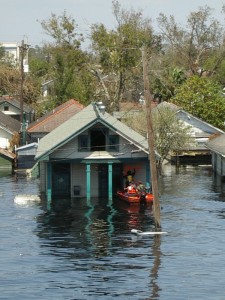
Are there any people who you’d consider to be “dream interviews” for Point of Inquiry?
I’m looking forward to interviewing WIS3 speakers Barbara Ehrenreich and Katha Pollitt. I would love to get Canadian astronaut Chris Hadfield on the program.
In addition to writing for so many platforms, you have covered many topics in the course of your career. What do you think motivated you to be so diverse in your range of coverage? What are the topics that you prefer to cover?
I’m very curious. I see investigative journalism as a set of tools for solving problems. Those tools can be applied to almost any topic. These days, I’m doing a lot of reporting abortion and reproductive health care because women’s rights are under attack. I have worked on political corruption stories, campaign finance stories, and medical/regulatory stories. Right now, I’m working on a piece about the climate scientist Michael Mann and his bid to sue the National Review for defamation. It’s an interesting story because it’s about science, politics, and freedom of speech.
As a journalist, you not only write, you are also a photographer. Do you think photography has informed your writing and/or vice versa? If so, how?
I think my writing has influenced my photography. There are lots of pretty pictures out there. What really sets good photojournalism apart is that the image tells a story. Ideally, visual storytelling should be just as clear and tight as stories in print.
In 2006, you decided to become a full-time journalist. Many in this age of unpaid and underpaid new media reporting might hesitate to make such a decision. What spurred your decision? What did you manage to anticipate and/or not anticipate about the transition?
There were no jobs in philosophy, the field in which I had recently earned my MA. It seemed foolish to embark on a PhD program with the academic job market in shambles. I was working in pharmaceutical copywriting and I hated it. So, I started blogging in my spare time. Gradually, strangers started offering me money to write things. This seemed almost too good to be true. I didn’t really anticipate anything. I would make a terrible career counsellor.
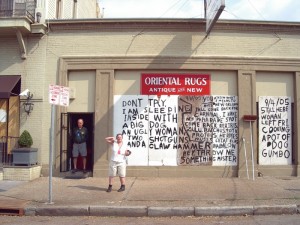
Like you, I am a writer with a fairly uncommon name, so all the Google results for it are for me rather than a namesake. What are some of the pros and cons of getting to brand yourself that way?
Pro: It’s free! People pay thousands of dollars for this kind of branding and our parents gave it to us for nothing on our birth certificates. Cons? I haven’t experienced any cons yet, but then again, I don’t get a lot of harassment. I guess one potential wrinkle is that now that I’m a WIS3 speaker, I’m out as an atheist to everyone who knows how to use Google. That’s not strictly a con, because I think it’s important for atheists in public life to be open about our beliefs.
You speak at a lot of journalism-focused conferences. What are some of the differences between those and secular-focused ones such as Skepticon or Women in Secularism?
The journalism conferences that I go to are usually focused on skills-building, like how access and interpret public records, or how use historical archives for investigative journalism. When I’ve spoken at journalism or blogging-related events, I’ve often presented workshops on investigative skills for citizen journalists.
Also, there are fewer Surlyramics at journalism conferences, which is clearly journalism’s loss.




